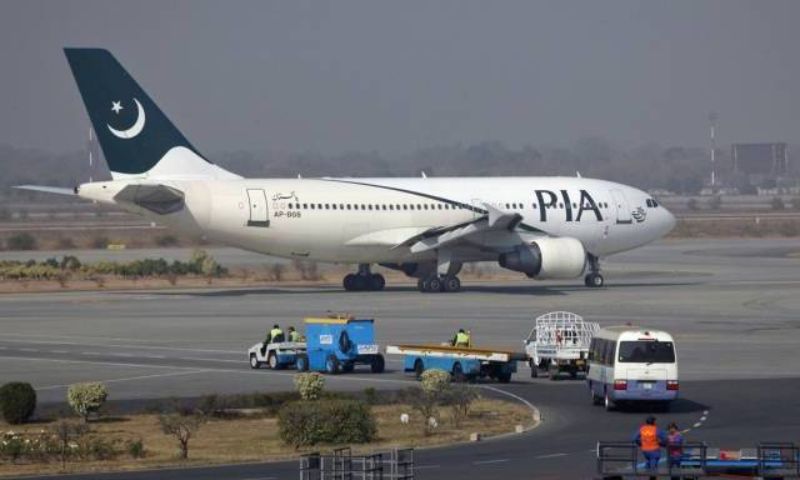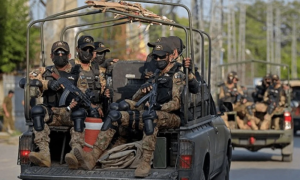KARACHI: Pakistan’s government has set specific conditions for the prospective buyer of Pakistan International Airlines (PIA), including a ban on reselling the company within the first three years of acquisition and a requirement to add 20 new aircraft to the fleet.
Arif Habib, Chairman of Arif Habib Corporation and one of the pre-qualified bidders told a local media channel that the government’s business plan mandates that the buyer must retain ownership of PIA for at least three years and expand its fleet by at least 20 aircraft.
Currently, PIA operates a fleet of 34 aircraft, with 20 owned and the rest on dry lease. The airline also employs 10,323 staff, averaging about 304 employees per plane.
Habib predicted that the buyer would likely acquire a 75% stake to gain majority control of the airline. He expressed confidence that the bidding process could be concluded by October 1, 2024.
A major challenge for PIA has been its significant debt. Out of a total debt of Rs800 billion, Rs600 billion has been transferred to a newly established holding company, leaving the buyer responsible for repaying the remaining Rs200 billion. Most of this debt is owed to the Federal Board of Revenue (FBR) and the Civil Aviation Authority (CAA). Habib emphasized the importance of granting the buyer a reasonable repayment period to avoid negatively impacting the purchase price.
The government has not yet outlined the terms for repaying the Rs200 billion debt, which could deter potential buyers concerned about unresolved financial issues. Habib suggested that reinvesting the proceeds from Privatization into PIA could resolve its problems and improve profitability.
In July, the Ministry of Aviation informed the National Assembly Standing Committee on Aviation that PIA had reported an operational profit of Rs3.187 billion for January-December 2023, but also a net loss of Rs103.90 billion.
The committee also reviewed the functioning of the Aviation Division and its attached departments, noting that Rs628.5 billion in losses and liabilities had already been transferred to the PIA Holding Company to facilitate the Privatization process.


























